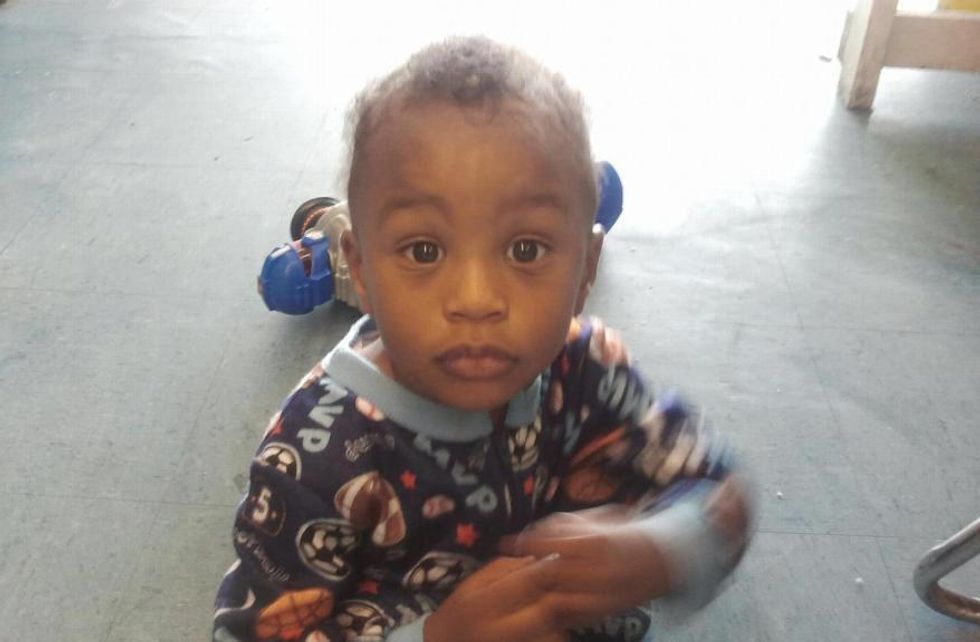Every day, someone goes missing, whether it is a child or an adult. And even then, not all missing persons cases turn into cases because they’re simply forgotten about, or maybe just not as important as other missing persons cases.
How many missing persons cases are overlooked or thrown away? How many missing persons cases do not receive the coverage deserved as other cases? How many of those cases involve Caucasian children? What about African-American children? Do we seldom see equal coverage between one race and another? When children go missing, why does race even matter? Any child that is missing deserves widespread coverage, including black children.
Today, we seldom hear much about black children going missing. Why? The only logical answer seems to form around the fact that news outlets are strictly particular when covering different stories. When children go missing, the public usually looks for help to spread awareness by law enforcement officials and the media. Any idea of what the two have in common? Both associations are not enthusiastic and affectionate towards the African-American community. In the past, we’ve heard the name Caylee Anthony, the 2-year-old American girl who lived in Orlando, Florida, with her mother who was charged with first-degree murder in October 2008 for Caylee's murder; or perhaps, the recent disappearance and murder of Dylan Redwine, the 13-year-old boy who went missing during a Thanksgiving court-ordered visit with his father. Both children's remains were eventually discovered. Internet wars continue as the real truths behind the murders are still sought. Both children and tons more have received extreme media attention and coverage, while other children, specifically black children, who have gone missing, receive a lesser amount of media coverage, if any.
In November 2011, a young child went missing, but not just any child -- a black child. An 18-month-old black child named Amir Jennings went missing the day before Thanksgiving in 2011 and was last seen with his mother, 22-year-old (at the time) Zinah Jennings. After telling the authorities false stories about the disappearance of her son, Zinah Jennings was taken into custody and is currently serving a 10-year sentence. Today, Amir's body's has yet to be found.
Now, who's heard of this story? There was indeed coverage over the issue. However, we notice that news media conveys national coverage to a select few of missing children's stories they deem "most fitting" or most important to them. Why does it matter "which" missing children's case should get national coverage? Whenever a child goes missing, national coverage is always imperative and race should not be a factor. All children are important. The top priority is always the children and the assurance of their safety. Sometimes, news media will cover a story about a child that has gone missing in a suburban neighborhood, while another child goes missing the following day in an impoverished neighborhood and receives little to no coverage. We need to read between the lines. No matter the neighborhood or skin color, all children are important and when a child goes missing, all focus should be on ensuring the child's safety.
There are so many missing children cases that fail to get the nation's attention, the media's attention. According to CBS News, of the thousands of children reported each year, only a select few receive a heightened level of coverage. A "select few" of cases are not important: all of them are. Because of the lack of coverage the minority population receives, specifically black people, the Black and Missing Foundation was established. This foundation, regardless of race and gender, focuses on primarily being a voice for the overwhelming number of the missing children, adults, the mentally ill and the elderly. Founded by two sisters-in-law Derrica Wilson and Natalie Wilson, this foundation provides a platform for those individuals and cases that receive little to no national media coverage. Everyone deserves awareness. You decide what's most important. The color of the child's skin or the child's disappearance in general? Take a minute.






















